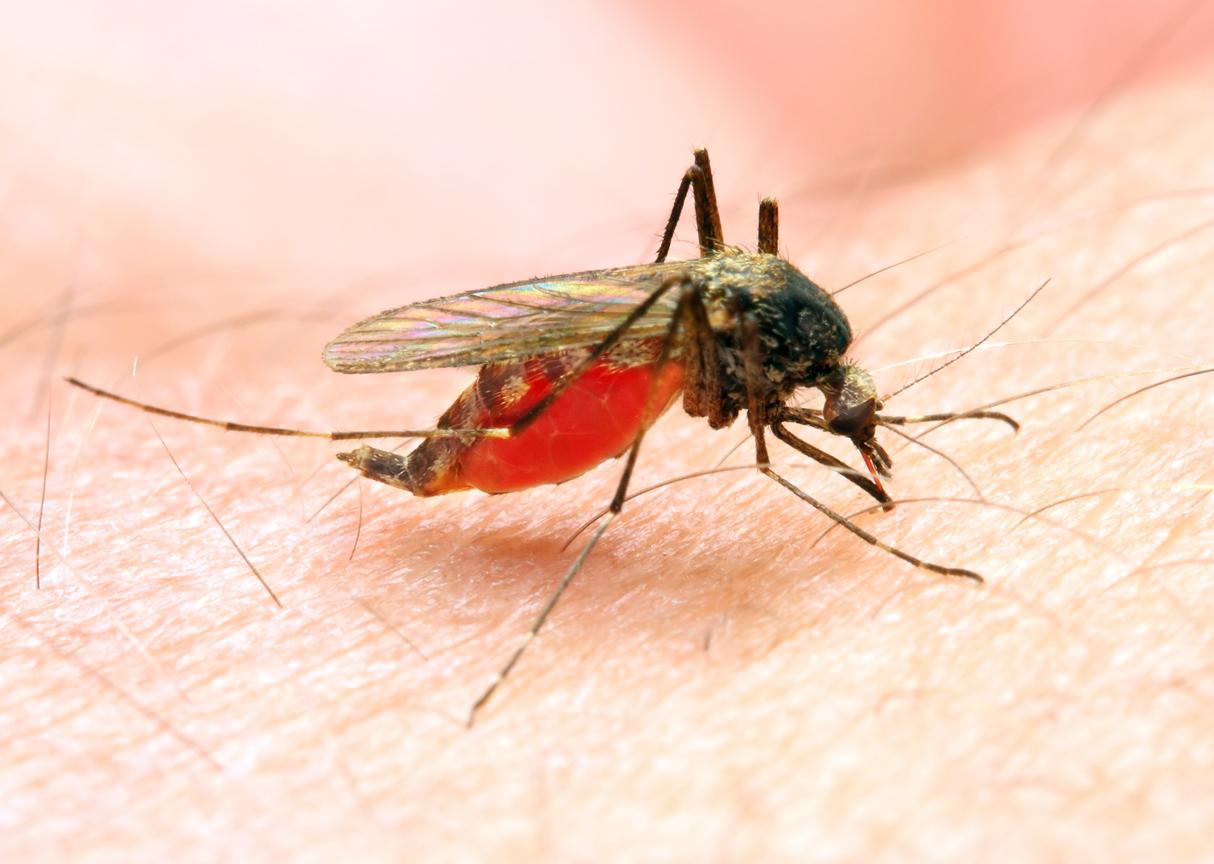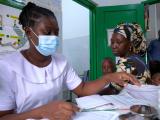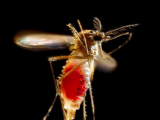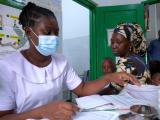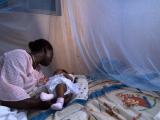A new paper describes the first locally acquired cases of mosquito-transmitted malaria in the United States in 20 years.
The paper, published yesterday in JAMA Network Open, examines the epidemiology of 10 locally transmitted malaria cases that were identified from May to September 2023 in Florida, Texas, Arkansas, and Maryland, and how public health officials responded to and contained the outbreaks. Authors from the Centers for Disease Control and Prevention (CDC) and health departments in the four states say the cases were unexpected, though an increase in imported malaria cases and a hot summer in 2023 may have played a role.
Malaria was eliminated in the United States in 1951, and the last locally transmitted cases prior to 2023 occurred in Florida in 2003. But the disease, which is caused by Plasmodium spp parasites and transmitted by female Anopheles mosquitoes, remains a significant health threat in Africa and many other parts of the world, with an estimated 263 million cases and 597,000 deaths in 2023. And despite US malaria elimination, Anopheles species persist in parts of the country.
The authors say that while a malaria is unlikely to reestablish itself in the United States, the cases highlight the need for vigilance.
"Increased travel and population movement to and from malaria-endemic regions, persistent vectors, and increased temperatures may be increasing the risk of local transmission in the US," they wrote.
Seven linked cases in Florida
Of the 10 patients (median age, 39.5 years; 70% male) with confirmed malaria attributed to local transmission, 7 lived within a 4-mile radius of each other in Sarasota County, Florida, and experienced illness onset from May to July 2023. The three other patients were in Cameron County, Texas; National Capital Region, Maryland; and Saline County, Arkansas. Nine of the patients were hospitalized, and one met the clinical criteria for severe malaria. All received antimalarial treatment and recovered.
None of the patients had traveled outside the country in the preceding 2 years or had a history of blood product transfusion, organ transplant, recent tattoos, or needle-sharing. But all reported time spent outdoors at night, when female Anopheles mosquitoes seek human hosts.
All seven Florida patients and the patients in Texas and Arkansas had Plasmodium vivax infections, and the patient in Maryland had a Plasmodium falciparum infection. Molecular analysis revealed that the Florida patients shared the same P vivax strain, while the Texas and Arkansas P vivax cases were genetically distinct from each other and the Florida cases. All P vivax strain had genetic signatures consistent with Central or South American parasites, and the Maryland P falciparum case had genetic signatures consistent with African parasites.
Increased travel and population movement to and from malaria-endemic regions, persistent vectors, and increased temperatures may be increasing the risk of local transmission in the US.
Analysis of 783 Anopheles mosquitoes captured in all four states identified P vivax DNA in the abdomens of three Anopheles crucians mosquitoes captured from the same swamp in Sarasota County over three collection nights, suggesting the mosquitoes had recently fed on an infected person.
The public health response included outreach to affected neighborhoods, overnight insecticide spraying targeting mosquito-breeding sites and areas where affected patients lived and worked, and distribution of bed nets and mosquito repellant. The CDC monitored the outbreaks, coordinated interstate technical support, and notified and offered training to local healthcare providers and laboratories.
"No additional locally acquired mosquito-transmitted malaria cases were detected following the illness-onset date (September 18, 2023) of the patient in Arkansas, and several factors suggested that no further local transmission occurred domestically in 2023," the authors wrote.
Role of imported cases, higher temps
Although multiple factors were likely involved in the outbreaks, the authors note that preliminary data suggest there was a record high of 2,205 imported malaria cases in the United States in 2023, and that three of the states where the locally acquired cases occurred (Florida, Texas, and Maryland) are among those reporting the top quartile of imported cases. In addition, 2023 was the fifth-hottest US year on record.
"Seasonal increases of imported malaria during the summer months further intensify the potential for local transmission as competent vector populations simultaneously expand with increases in temperature," the researchers wrote.
To help prevent and mitigate future outbreaks, the authors encourage travelers to complete courses of malaria chemoprophylaxis (drugs to prevent disease) before, during, and after trips to malaria-endemic regions and call on healthcare providers to provide timely diagnosis and proper treatment and to report cases promptly to public health officials. They also say more research is needed on Anopheles populations within the United States, and how changes in temperature and precipitation may affect local malaria transmission.
"Finally, scaling up global malaria control initiatives is critical for decreasing disease burden and mitigating the rising trend in domestic importation," they added.
